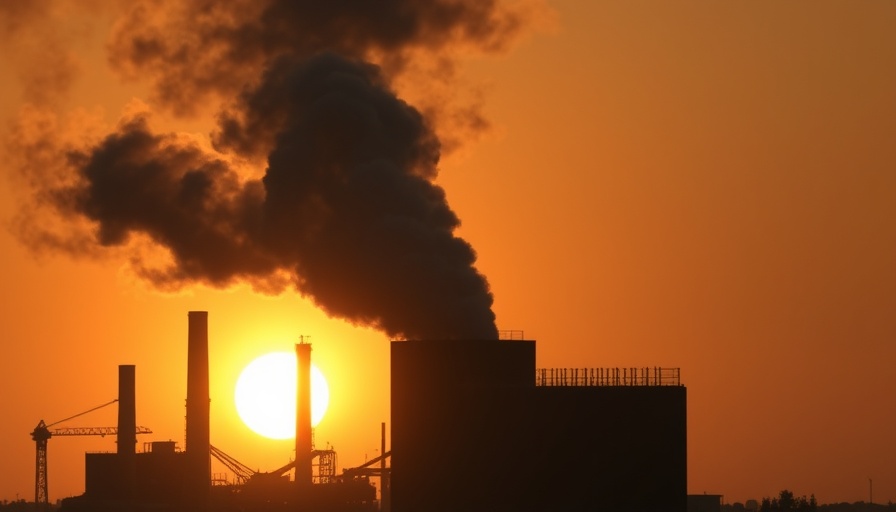
The Impact of the EPA's Proposal on Climate Regulation
In a move that has alarmed environmental advocates and ignited contentious debates, the Trump administration is proposing to eliminate the government’s authority to regulate greenhouse gases. This proposal, unveiled by the Environmental Protection Agency (EPA), seeks to roll back a 2009 determination that these gases endanger public health and welfare, creating further obstacles in the fight against climate change.
Historical Context and Background: The Rise of Greenhouse Gas Regulations
The current controversy traces its roots back to the landmark 2007 Supreme Court ruling that empowered the EPA to regulate greenhouse gases under the Clean Air Act. This legislative framework, initially designed for local pollutants, was interpreted broadly to include the global threats posed by emissions like carbon dioxide and methane. As a result, significant regulatory efforts emerged to limit emissions from various sectors, including power plants and automobiles.
The Science Behind the Regulations: Are They Truly Nonessential?
Critics of the current proposals underline the overwhelming scientific consensus regarding the dangers of greenhouse gases. With rising temperatures contributing to extreme weather events, such as floods and heatwaves, many environmentalists see the dismantling of regulations as a direct threat to public safety. According to Christy Goldfuss of the Natural Resources Defense Council, the EPA’s new direction seems “mind-boggling” in light of the real and present dangers posed by climate change.
Economic Repercussions: The Business Side of Climate Regulation
Even among proponents of deregulation, there exists a divide regarding the EPA’s proposal. Some energy companies fear that abandoning the endangerment finding could distract from addressing other pressing regulatory concerns, such as rewriting regulations imposed during the Biden administration. The concerns lie not just in environmental impacts but in the economic ramifications of unregulated emissions.
Legal Challenges Ahead: What to Expect After the Proposal
As the proposal makes its way through the formal federal rulemaking process, set to conclude by the end of this year, legal challenges are already anticipated. Environmental organizations are poised to mount robust defenses against this rollback, signaling a potential legal showdown that could determine the future of climate regulation in the U.S. If the EPA’s shift is invalidated in court, it would not only halt changes to pollution curbs but could delay other pressing regulatory reforms.
Public Sentiment: The Role of Citizens in Climate Action
The discussion surrounding the EPA’s proposal raises vital questions about the role of average citizens in climate action. The skepticism towards scientific findings from certain sectors could leave the public feeling powerless. However, regular citizens can take action by advocating for stronger regulations and supporting lawmakers who prioritize climate legislation. Ultimately, the success of these regulatory reforms may depend on the responsiveness of the electorate.
Conclusion: Navigating the Turbulent Waters of Climate Policy
The ongoing discourse surrounding the EPA's proposal to revoke its authority to regulate greenhouse gases sheds light on the broader implications for health, safety, and economic stability. As citizens advocate for strong climate action and engagement with policymakers becomes paramount, the potential legal battles ahead will serve as critical turning points in shaping the future of environmental protection in the United States.
In a rapidly changing climate landscape, staying informed and proactive about environmental policies is essential for every citizen. Understanding these regulations and their implications not only empowers individuals but also helps in navigating the complexities of property damage claims tied to climate-related disasters.
If you're looking for more insights into how these changes might affect claims related to property damage, or if you're unsure about the insurance claim process for your car accident, stay tuned for our next articles!
 Add Row
Add Row  Add
Add 




Write A Comment